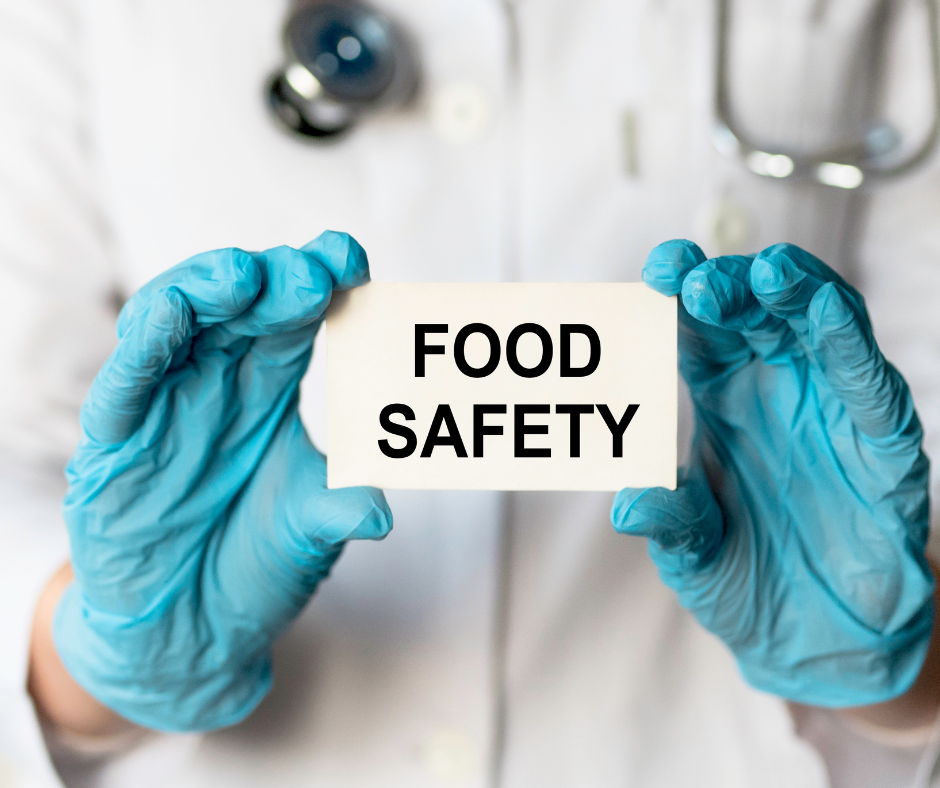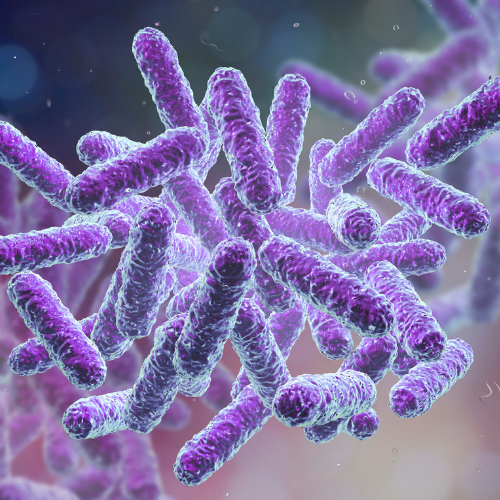Why is Food Safety Important?
Foodborne diseases are an under-reported and preventable public health problem. These diseases are a significant problem for public health and increase the cost of healthcare. These illnesses also pose a considerable challenge for specific populations. While anyone can contract a foodborne disease, certain people are more at risk.
For example:
- Children younger than age 4 have the highest incidence of laboratory-confirmed infections from some foodborne pathogens, including Campylobacter, Cryptosporidium, Salmonella.
- People older than 50 and those with reduced immunity are at greater risk of hospitalizations and death from intestinal pathogens commonly transmitted through foods.
Understanding Food Safety
 Physical Determinants of Food Safety
Physical Determinants of Food Safety
Many food hazards can be introduced to the food supply, including germs, chemical contaminants, and other harmful substances. These hazards are not always visible in food. People allergic to food can also have severe reactions.
A safer food supply means healthier, longer lives and lower healthcare costs. It also makes a more resilient food industry.
Social and behavioral factors that influence food safety
It is crucial for individuals to learn how their actions and behaviors affect food safety and reduce the likelihood of foodborne disease. Food safety is a product of human activity. Therefore, food safety, and food safety services are complex tasks.
The following are threats to the food industry:
- Large workforces with high turnover rates, communication difficulties, and cultural differences in how food is prepared.
- Training and certification of workers done in non-uniform ways.
- Sick leave policies are lacking for sick workers.
- Difficulties in tracking food items back to their source.
- Production practices changing.
- Imports rising.
The following are challenges for consumers:
- How to determine what foods should be cooked at the correct temperatures
- Separating riskier foods
- Safe food storage
- Properly clean hands and surfaces
Consumer complaints and surveillance of foodborne illnesses alert the public and regulatory agencies to hazardous products in commerce. The food industry and agencies work together to investigate foodborne diseases. They identify problems and initiate control activities. To reduce foodborne illnesses in America, it is essential to engage consumers, regulators, public health agencies, and the food industry in prevention activities.



